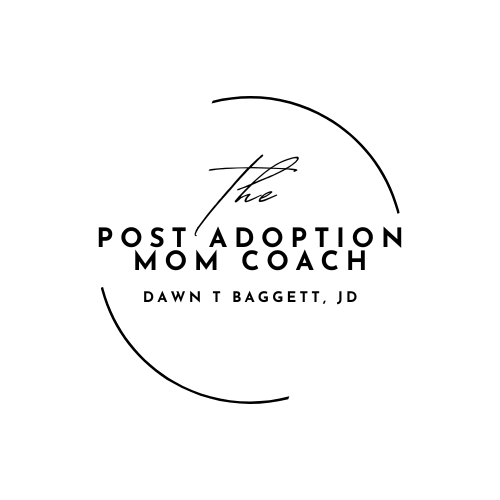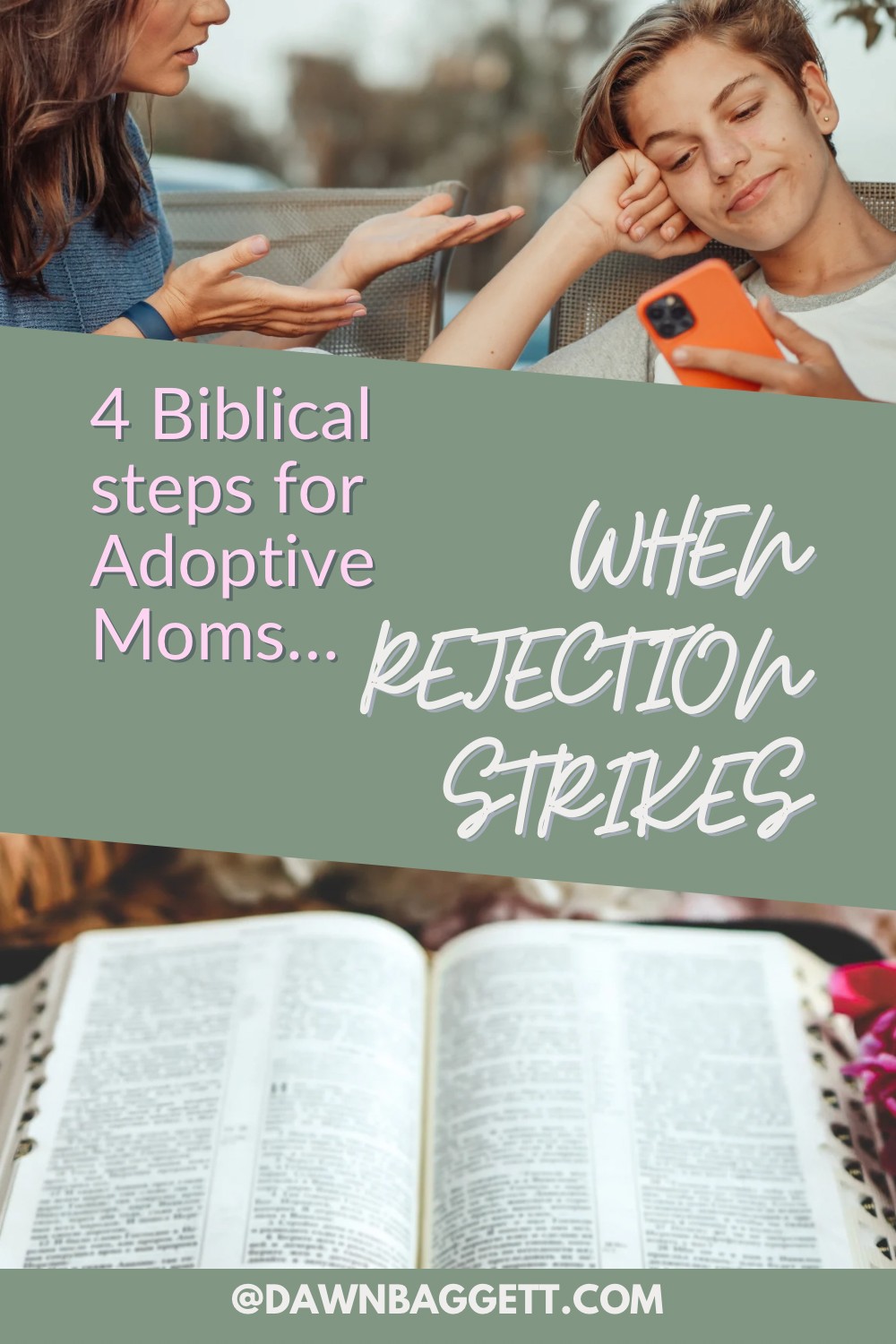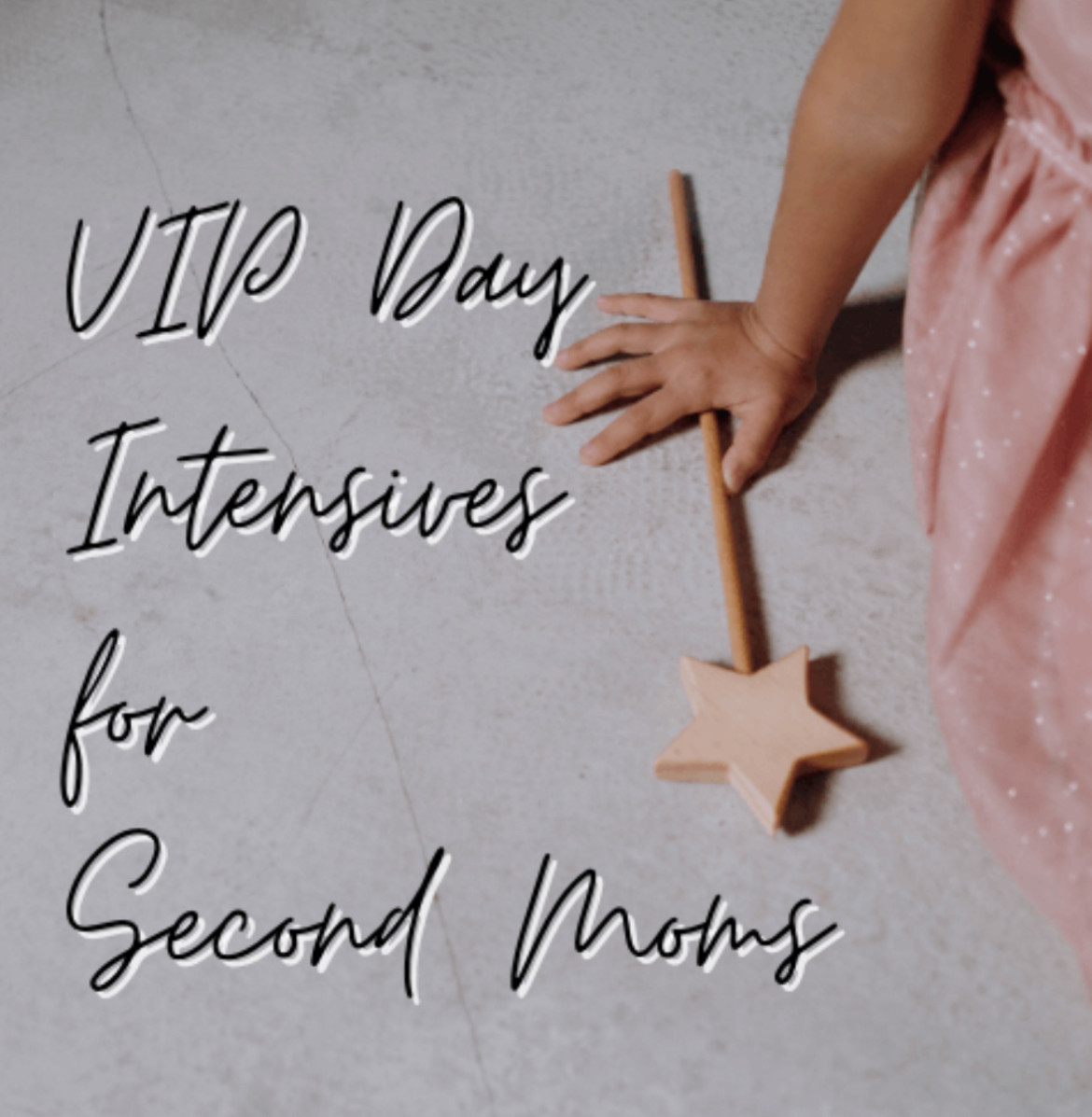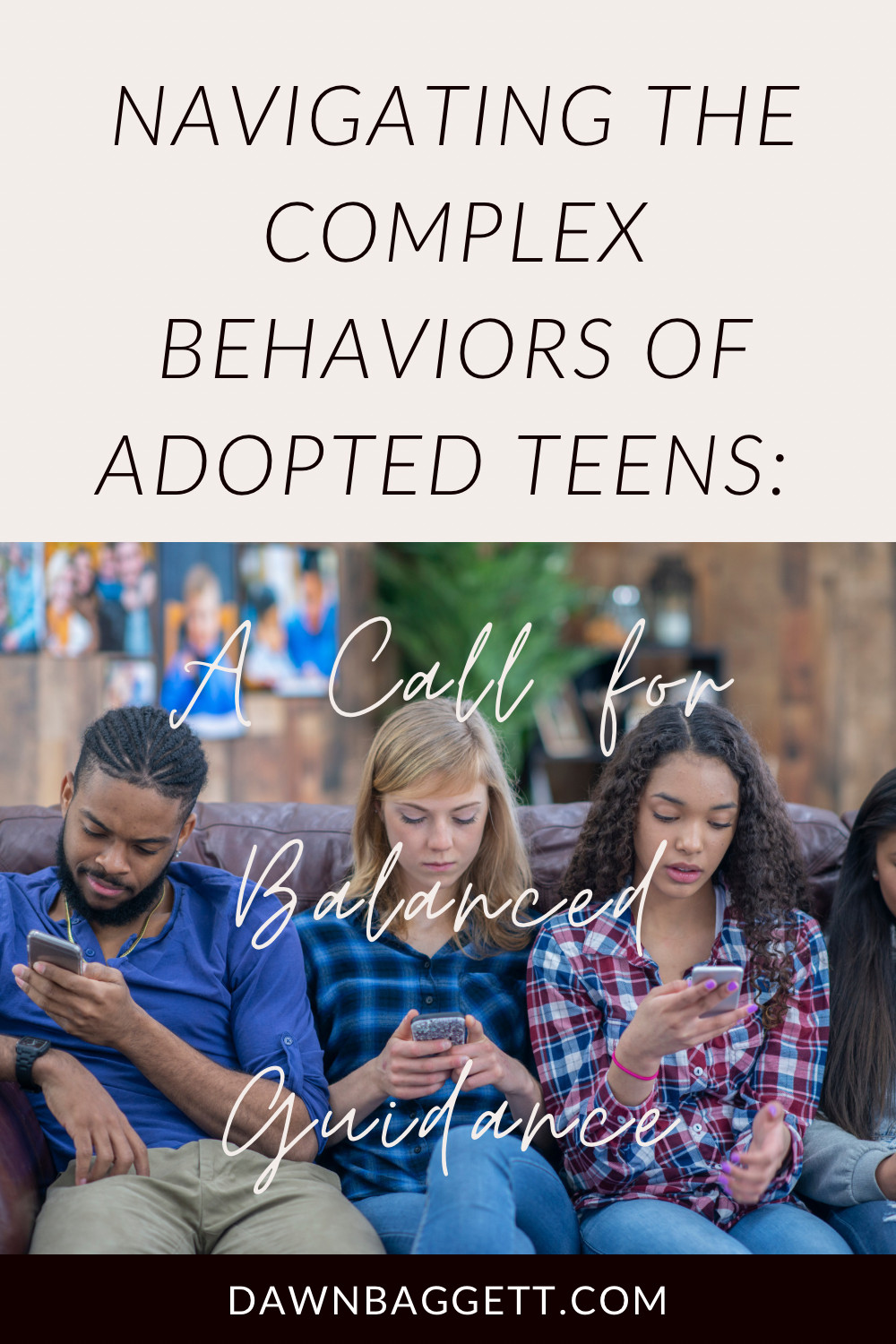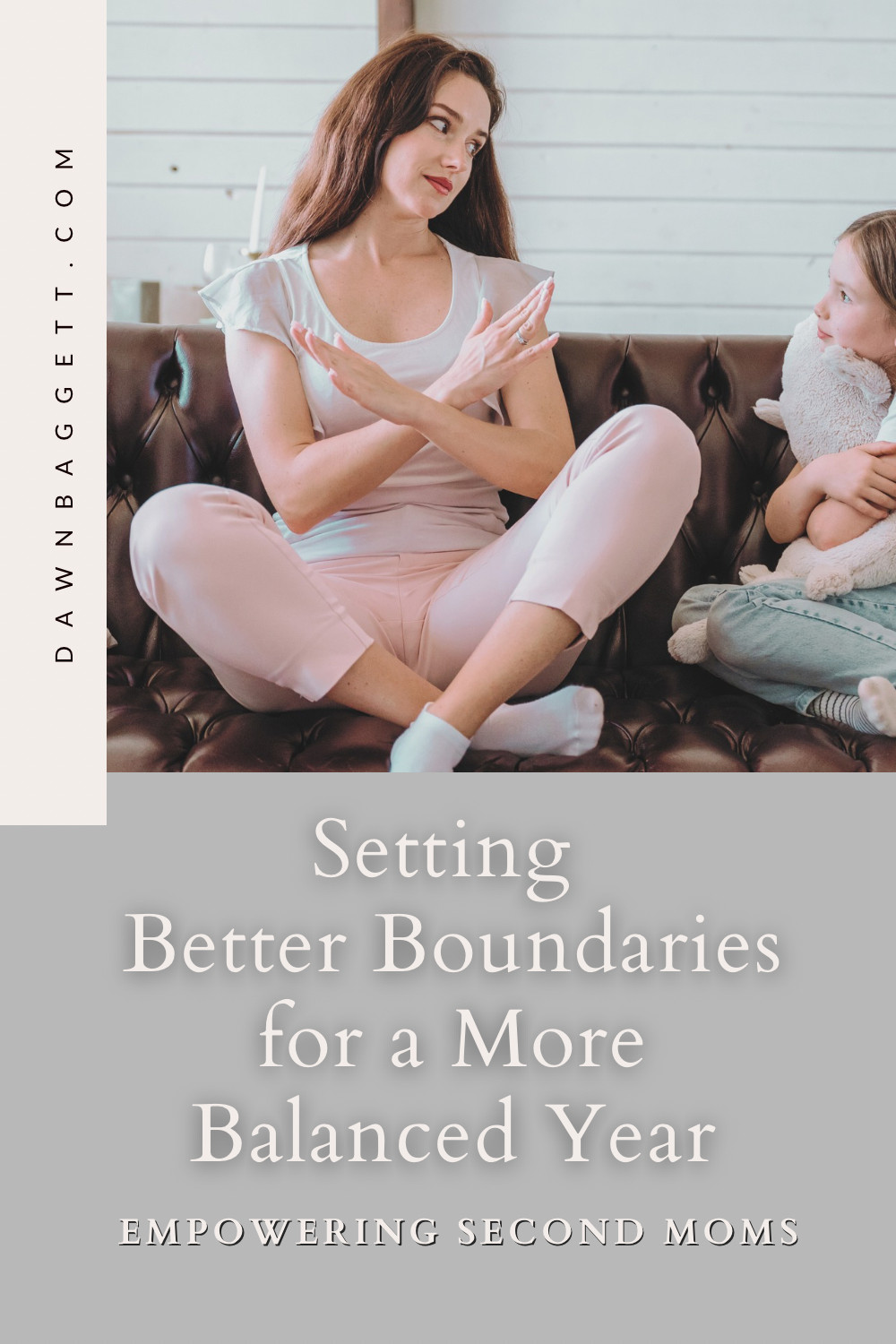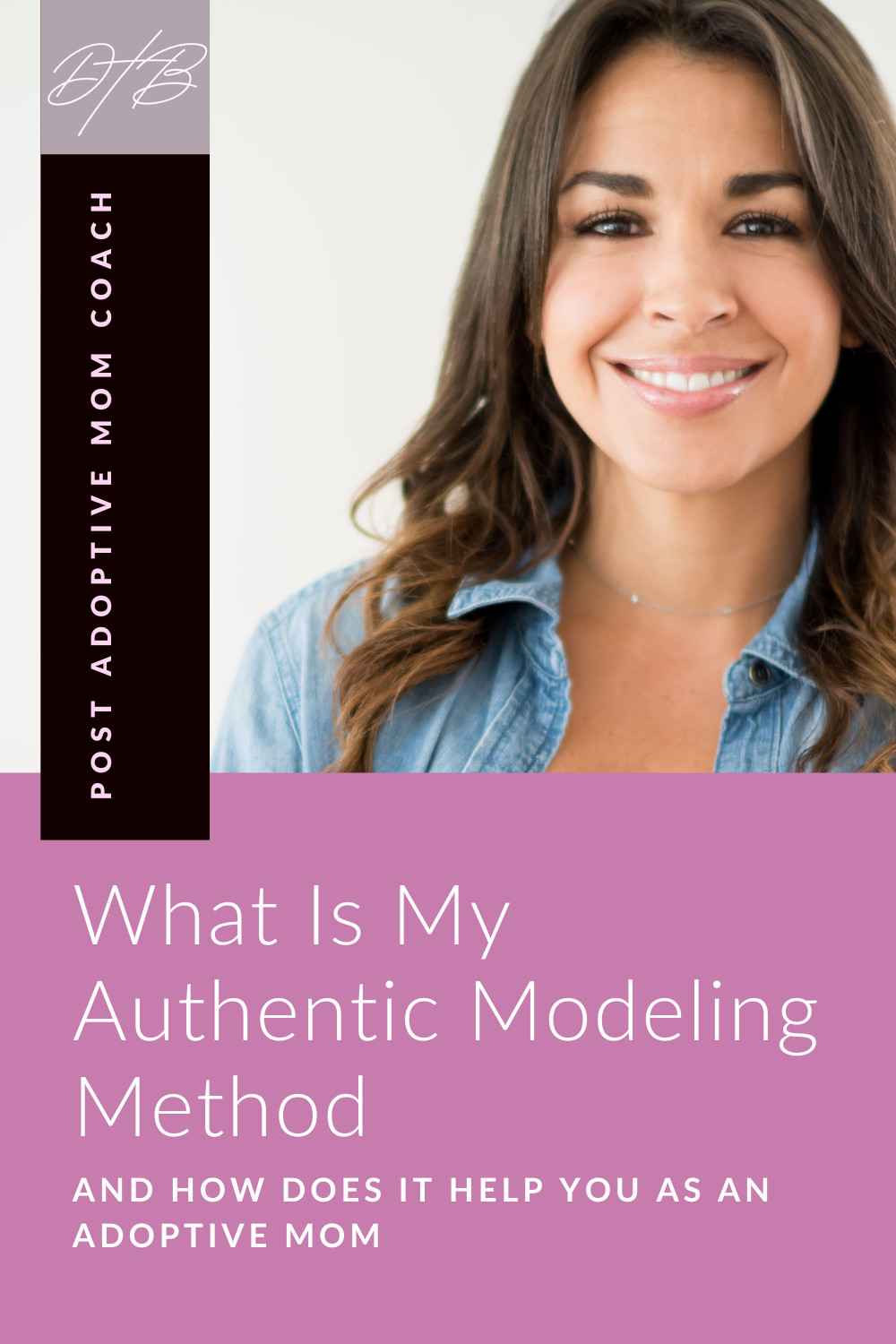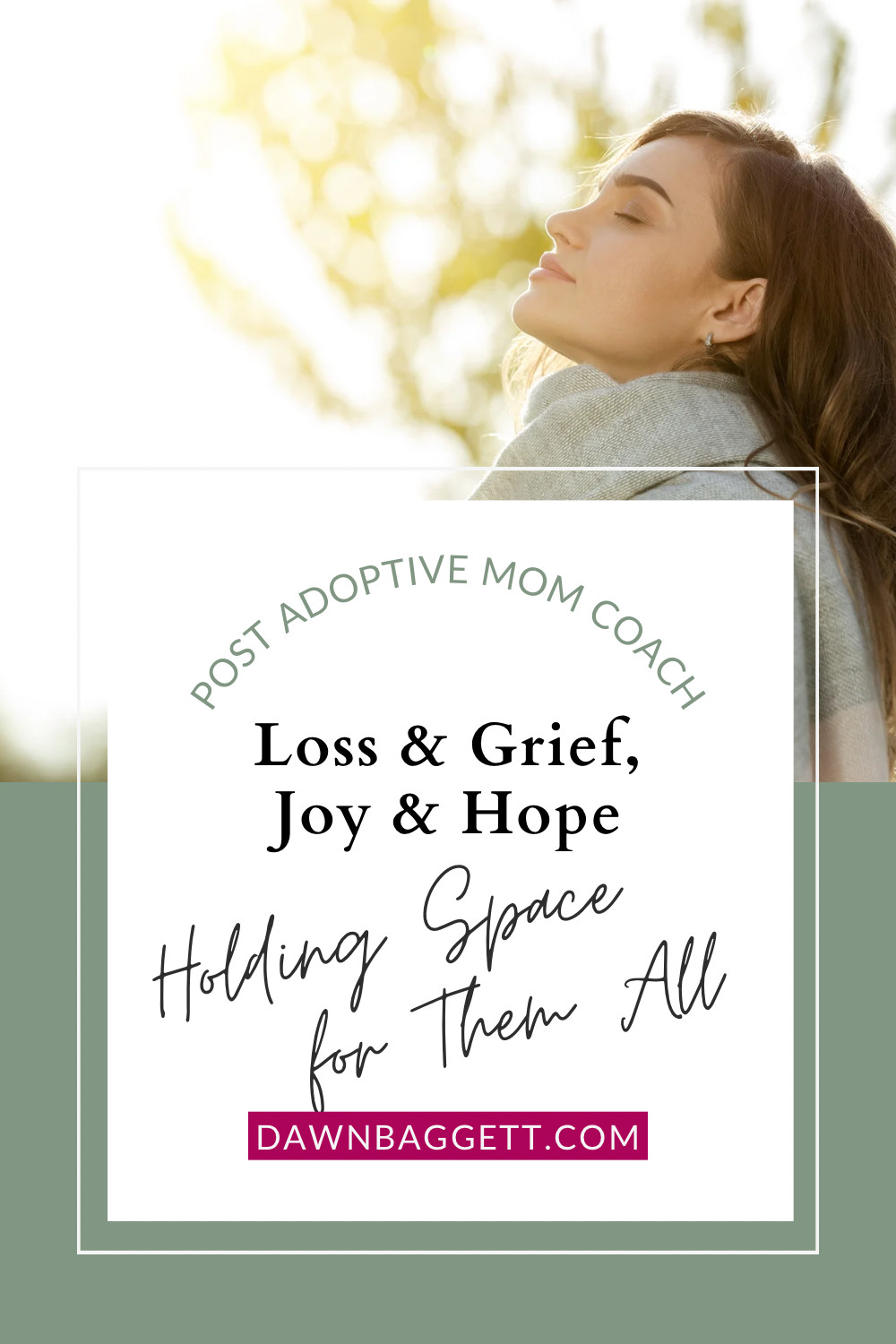🎧 Listen to episode
You often deal with conflicts pretty effectively. Right?
You deal with conflicts in your marriage, conflicts with your parents, conflicts with your in laws, conflicts at work, at church, or in your friend groups… wherever it is… there are conflicts that we have to deal with and many —even most of them — are very minor. So we deal with them and we move on, and sometimes we don't even think anything else about them. As adults we may think that we’re pretty well versed in handling conflicts.
Most of the time.
But sometimes conflicts that seem to be minor on the surface, somehow morph into something huge.
And we’re taken aback because we didn't expect that! This can set the stage for some pretty awful feelings and awful tension that can expand throughout the family. Especially as this thing grows and lingers, right?
I wanted to talk to you about the value system variable that can be a factor in these types of conflicts when a surface issue rises up and it's something that you're trying to deal with. And for some reason, there's something that's really driving that conflict and making it harder to deal with than it seems like it should be.
The Value System Variable
Understand that if we have a value based conflict underneath the surface conflict, it really adds a new layer, a difficult layer, especially if these value conflicts are hidden, and we don't recognize them.
It's been helpful for me to realize when my own values are being trampled on and when it's triggering for me - if we can identify the underlying values being triggered for ourselves, and also our child, teen, even spouse or in laws, maybe we can better understand what might seem like an overreaction either in ourselves, in them or both!
Perhaps y'all get along pretty well when things are going smoothly but if there's a bump (!)…it brings out this clash of values you may not even realize is hiding underneath the surface.
And so I want us to be aware that these values conflicts exist or may exist in our complex adoptive families.
The presence of value system conflicts might be an underlying variable you’re not addressing that’s keeping you hitting those brick walls and feeling defeated.
You know what it feels like —
You’re trying to address the surface conflict and pouring everything and all of your efforts into the surface conflict. You know, the feeling when they dig in their heels and maybe you do too. All the while what may be driving that surface conflict is the underlying (and hidden) values conflict.
- Your truth value vs their social acceptance value
- Your family time value vs their value of friends
- Your value of authority vs their value of autonomy
These value conflicts come together with another conflict that might be minor or even medium sized, causing them to be much more difficult to resolve, prolonged and entrenched even.
Variety of Values
Your values are your norms, your beliefs, your self-identity, and these vary from person to person. Your kids grow up in your family, they grow up under your guidance, so shouldn’t they have the same core values that you've been teaching them all along?
Shouldn't they have the same belief systems? Shouldn’t they recognize their identity as part of your family, and along with your family's core values as part of your family identity?
Shouldn't it be a given?
We know as adoptive parents that our children had previous experiences before they came to us. Those experiences color their values and their their sense of who they are; even if they came to you at a very young age, their experiences and their background impact their self-identity, sense of what’s right, and the personal values that they hold.
Just like you have your own values you bring into your marriage and family and your husband has his own values — while they may be very similar, there are probably points at which you've noticed your values collide. They may be minor points, but nevertheless, they're value differences. And so of course our children are going to have different values than we do… and then what about your biological kids? They have different experiences than you too!
Your values are different because your experiences are different.
I know you're living in the same household and you're growing together and you're learning together and maybe you attend the same church, even some of the same functions. You may even homeschool and spend most of your days together. But their experiences growing up in your family are different than your experiences as you grew up; as a young adult, as a parent. Your values are different because your experiences are different. And the way they experience life is different than the way you experience life as an adult, as a parent.
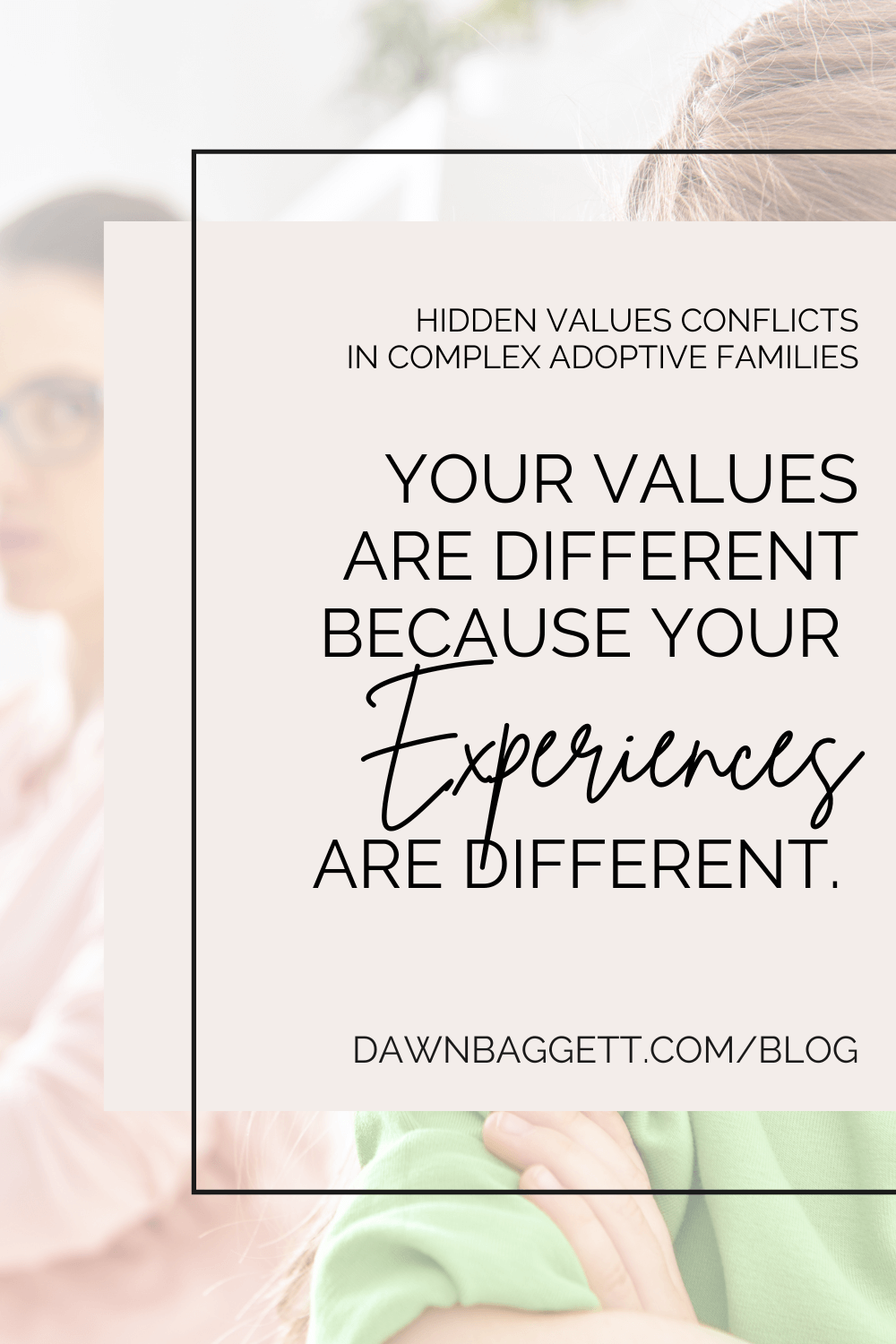
These value collisions can make conflicts that much more difficult to resolve, and values, I think can change over time. Personal values can grow and change and also become more refined over time and with various stages of life. I believe we must be careful that we don't demand the other person change their values to match ours.
If there’s an underlying values conflict it can prompt actions and behaviors like refusing to compromise and refusing to negotiate, refusing to budge on something because you're feeling this added layer…you feel like not only are you being asked to compromise on the surface level conflict, but that it would be a compromise on your values, on your core beliefs, on who you are, on your identity and your autonomy.
If that's what it feels like to your teen to comply with what mom says or what dad says or you know, what the family group voted on, you can see where this can drive that behavior of digging their heels in the sand, right? Not necessarily just over this one issue, but it's a whole big thing for them having to do with who they are at their core.
Unresolved Conflicts
And so we’re left with unresolved conflicts. Why is this important? Unresolved conflicts cause enormous pain and long lasting distress in families. I've been there and I am there. And this tension can spill over onto others and into other areas of life. And so conflicts happen, repair needs to happen… again and again and again. Our children need to know that conflicts can be repaired. It's not the end of the world. They need to develop and practice the skills to do that.
And when we can't resolve conflicts that's a very crippling thing. I hate that that's happened in my family, and don't want it to happen in yours. And I think we can continue learning and continue growing and continue loving and as we do, we continue to work on these conflicts, even these very difficult conflicts that have value conflicts underneath and driving the initial conflict.
Our family conflicts can be complex and difficult to resolve and there are many areas of potential conflicts, from financial stress to poor communication to behavioral issues and others.
Outside the Box…
I’ve discovered that looking outside the box can be very productive when there are areas of overlap. Let’s take a look at values conflicts in the area of business. In organizations like companies and large businesses that employ a lot of people from a variety of different backgrounds, we might imagine that value conflicts would happen rather frequently and need to be dealt with in order for them to keep their employees. So it follows that it would be important for the employers to learn how to deal with those conflicts that include underlying value conflicts. It’s the same thing with conflicts in business and conflicts in our complex adoptive families.
It’s no less important in our complex adoptive families, where values collide, for us as parents to learn how to identify and manage them effectively. And so I want to share seven steps I’ve adapted from a business article from inc.com.*
These are steps for planning a conversation with the specific goal of understanding the underlying values conflict. So if you think there may be a values conflict underneath the surface of a conflict that you're having, try these.
- Number one - know your deal breakers. I also suggest thinking through which areas of conflict you’d be willing to flex on.
- Number two - reach out and connect directly with the other person… it may be your teen for instance, reach out to let him know that you want to have a talk in order to better understand what's taking place and how it affects him. In other words, you initiate a conversation. Don't just sit around waiting for them. You initiate the conversation - an understanding conversation - from a place of collaboration.
- Number three - tell them they matter. Don't take it for granted that they know or that it's a given …that you don't have to say it. Tell them. Tell them they matter to you and to the family. It's important to say it out loud
- Number four - be curious; ask curiosity style questions to draw them out, and give them time to answer. I recognize that can be hard sometimes. So plan ahead and determine to be patient, give them time to answer and listen without interrupting. You may even want to have someone pray specifically for this conversation at the scheduled time.
- Number five - is to remind yourself not to get defensive or upset. Don’t expect to do this perfectly right out of the gate. But do prepare. So that you won't get defensive or upset, remaining calm and respectful even as they express opinions and values that are different from yours; your goal is to remain focused on understanding, not necessarily resolving anything at this point, but simply understanding the underlying values conflict.
- And then number six - express your appreciation - appreciation for taking time to have this important conversation. And offer compassion - compassion for their situation, even if you don't agree. Compassion for their feelings and gratitude - gratitude for helping you understand the situation and impact from their point of view. These are positive inputs that you're putting into the conversation and you're showing them that you want to understand.
- Number seven - the last one is don't immediately decide how to proceed. Because this is not a solving conversation. Rather, your goal is understanding. If you immediately jumped to fixing/solving mode, then it kind of negates the effort that you both have put in toward building understanding during this conversation. And it kind of dampens that. So you want to sit with that level of understanding that you've been able to gain and take some time if you can to mull it over.
I want you to prioritize relationship building over the surface issues. I know that can be hard sometimes. Especially when it’s clear that they are not prioritizing relationship building with you, but this is what YOU
can choose to focus on. And this will help hopefully get you one step closer to being able to resolve not only the surface issues, but the deeper values conflict underneath.
That doesn't mean that they're going to agree with you and that their values are going to magically match yours. But it does mean having that acknowledgement and recognition, recognition of each individual's separate values and right to have them their autonomy.
That, in and of itself, is a big success.
In Conclusion
Our personal values go to the core of a person's sense of belonging. We know, in our adoptive families that sense of belonging is tentative and difficult to maintain sometimes. Sometimes your values are your personal judgments about what's important in life.
When one family member’s values are misaligned with the values of the family system or another family member, they can feel disrespected, taken advantage of, undervalued. Have you felt this way? Has your child expressed these feelings? Your spouse?
An over-the-top reaction to a surface conflict may seem out of proportion. This might indicate that person’s values feel violated; they may feel threatened and even unsafe because of this. As the conflict escalates. resentment and stress can build up and it can do that in both people or everyone involved.
I appreciate if you would leave a comment or podcast review if this helps you.
______________________________________________________
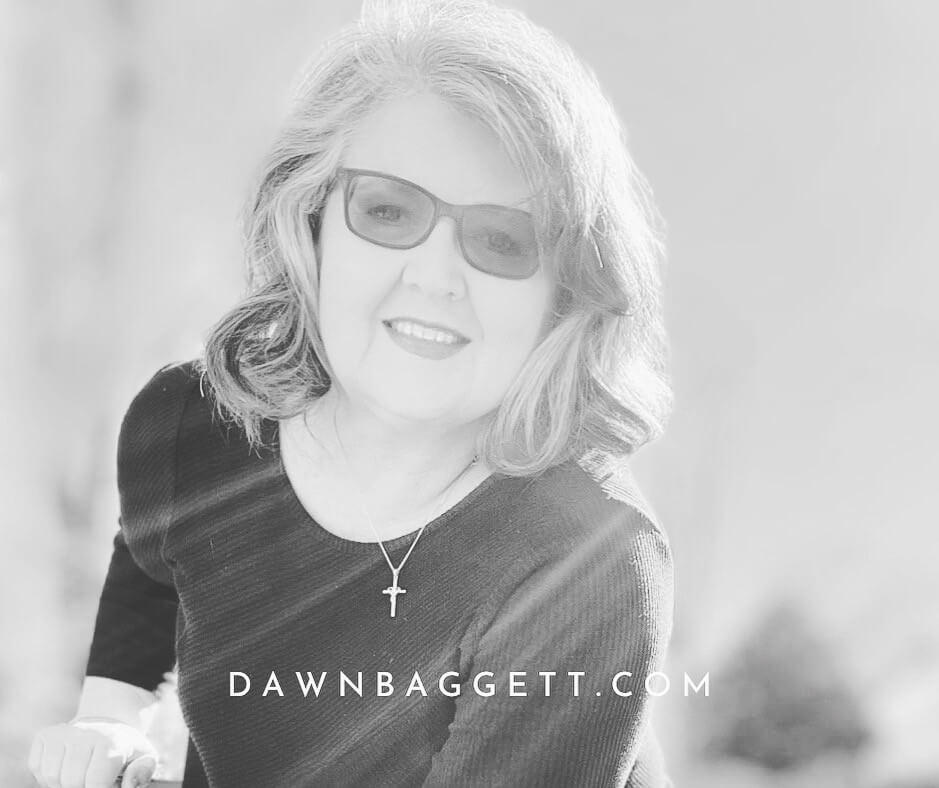
Post Adoption (Mom) Coach
“STANDING IN THE GAP FOR SECOND MOMS in Adoptive & Blended Families
As a Certified LifeMapping(R) Coach, Dawn helps Christian adoptive moms navigate the challenges of their non-traditional families with their own brand of (faith fueled) success!
DISCLAIMER: I’m a coach, not a doctor nor a therapist. As a coach I do not offer mental or medical health diagnosis, treatment or cures. Furthermore, I am no longer a practicing attorney and do not offer individual legal advice. For individual advice related to your own personal situation I recommend you seek out an appropriate professional. Coaching may fill a spot in your overall support network.
—
Copyright © 2025 Dawn T. Baggett, JD - All rights reserved
—
